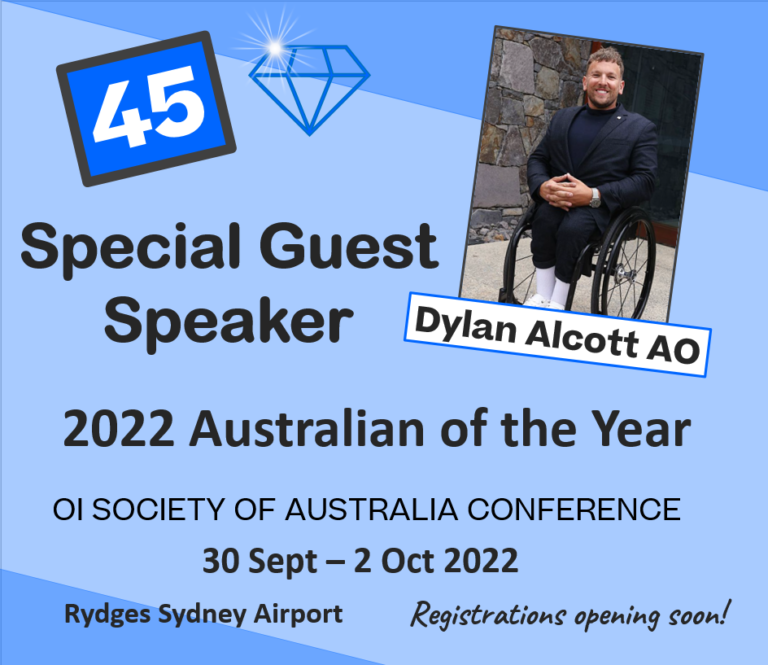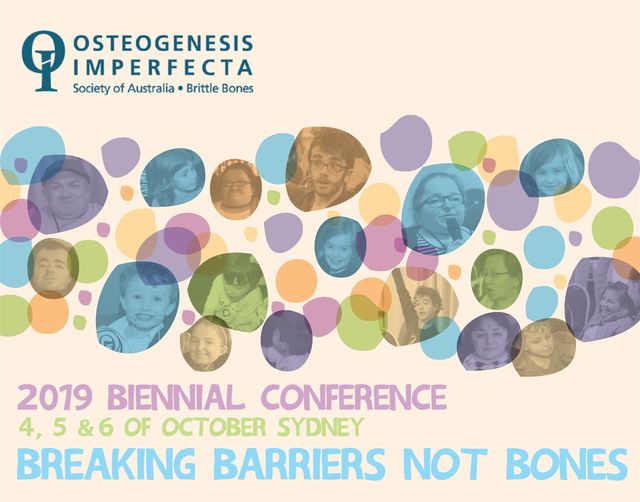A successful conference committee benefits from a mix of skills, often spread across its members. For example:
- Technical skills might be handled by IT or AV experts.
- Marketing and promotion could be managed by creative professionals.
- Organizational skills are vital for the event coordinator.
The conference committee requires a diverse range of skills to ensure the event runs smoothly, achieves its goals, and delivers value to attendees. Here’s a breakdown of useful skills we are looking for and key areas of responsibility:
1. Organizational and Planning Skills
- Project Management: Coordinating tasks, timelines, and deliverables.
- Time Management: Meeting deadlines and handling multiple priorities.
- Logistics Management: Managing venues, schedules, catering, and transportation.
- Attention to Detail: Ensuring nothing is overlooked, from speaker equipment to attendee badges.
2. Communication Skills
- Verbal Communication: Engaging with speakers, vendors, and attendees effectively.
- Written Communication: Crafting clear emails, announcements, and promotional materials.
- Conflict Resolution: Handling disputes or concerns diplomatically and efficiently.
- Networking: Building relationships with sponsors, partners, and stakeholders.
3. Marketing and Promotion
- Social Media Management: Promoting the conference on platforms like LinkedIn, Twitter, or Instagram.
- Content Creation: Writing blog posts, designing flyers, or producing videos to attract attendees.
- Email Marketing: Sending professional and persuasive invitations and updates.
- Public Relations: Handling press releases, media inquiries, and managing the conference’s reputation.
4. Technical and IT Skills
- Website Management: Setting up and maintaining a conference website or registration platform.
- Event Technology: Managing virtual event platforms, AV equipment, or hybrid setups.
- Data Analysis: Analyzing attendee data, feedback surveys, or ticket sales for insights.
5. Financial and Budgeting Skills
- Budget Management: Planning and tracking expenses to avoid overspending.
- Sponsorship Acquisition: Securing funding from sponsors or partners.
- Negotiation: Getting the best deals with venues, vendors, and suppliers.
6. Creative and Problem-Solving Skills
- Event Design: Creating an engaging agenda and attractive branding for the conference.
- Problem-Solving: Handling last-minute changes, cancellations, or technical issues.
- Innovation: Introducing new formats, technologies, or approaches to enhance the event.
7. Leadership and Teamwork
- Team Coordination: Collaborating effectively with other committee members.
- Delegation: Assigning tasks to appropriate team members based on their strengths.
- Decision-Making: Making informed decisions quickly and confidently.
- Motivation: Keeping the team energized and focused, especially under pressure.
8. Content and Programming
- Subject Matter Expertise: Understanding the conference’s focus to curate relevant content.
- Speaker Recruitment: Identifying and securing knowledgeable and engaging speakers.
- Agenda Planning: Organizing sessions, panels, and workshops for maximum impact.
9. Customer Service
- Attendee Support: Addressing attendee questions or concerns promptly and professionally.
- Accessibility Awareness: Ensuring the event is inclusive and accessible to all participants.
- Feedback Collection: Actively seeking and analyzing attendee feedback for future improvements.
10. Crisis Management
- Calm Under Pressure: Remaining composed during unexpected situations.
- Adaptability: Quickly pivoting plans when faced with challenges.
- Contingency Planning: Preparing backup plans for key aspects of the event.


